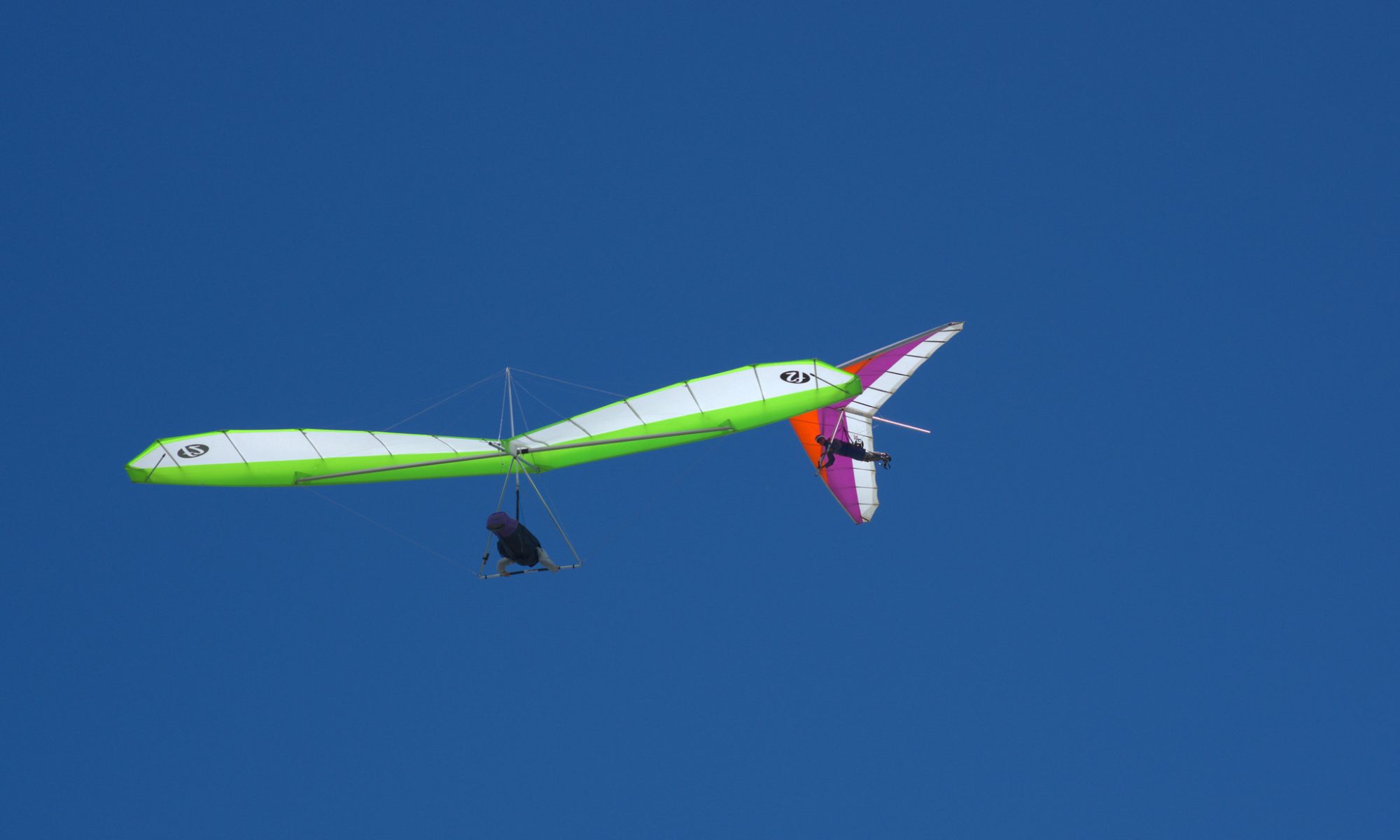I recently had to move several gigabytes of email (not my own, work-related) into Google Apps (Gmail). As best I can tell, the way most people do this is that they grit their teeth and they open up a graphical email client and drag folders one-by-one. It’s a one-off job for most people.
There were a couple of reasons I didn’t want to do that. One is that I was on my parents’ DSL connection at the time and pushing gigabytes of data through someone’s DSL is a violation of good guest principles, at least in Australia. The other is that we have over 500 folders in the account I’m talking about: that’s a lot of mouse pain.
Anyway, here’s your answer, if you are in the same position as me. After substantial searching, at least for this kind of tool, I came across larch, which is a Ruby command-line tool for IMAP-to-IMAP moves, most tested on Gmail and essentially designed for the “move my mail archives into Gmail” use-case. It’s much more mature than most of the one-off scripts people have thrown up on the ‘net. It certainly seemed robust over this volume of mail, although I did have to run it a couple of times to get past a few errors (it does not re-copy already copied mail, so re-runs are fast). It deserves more search juice.
If you wanted to keep two accounts permanently in sync, offlineimap would be the tool of choice, although the manual still seems to regard IMAP-to-IMAP syncing as not as robustly tested as its core mode of operation, which is IMAP-to-Maildir.

larch: migrating mail between IMAP accounts by Mary Gardiner is licensed under a Creative Commons Attribution 4.0 International License.
